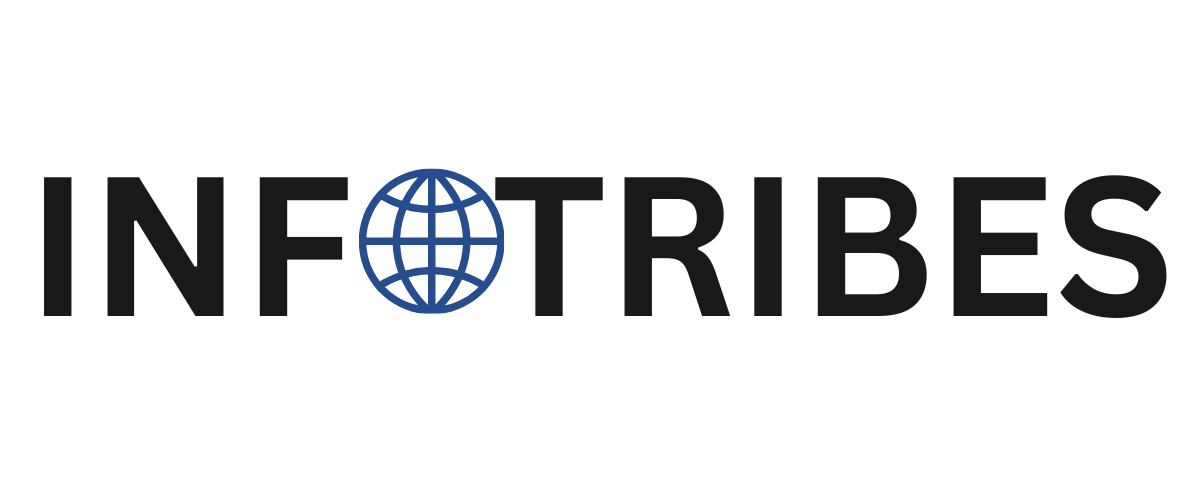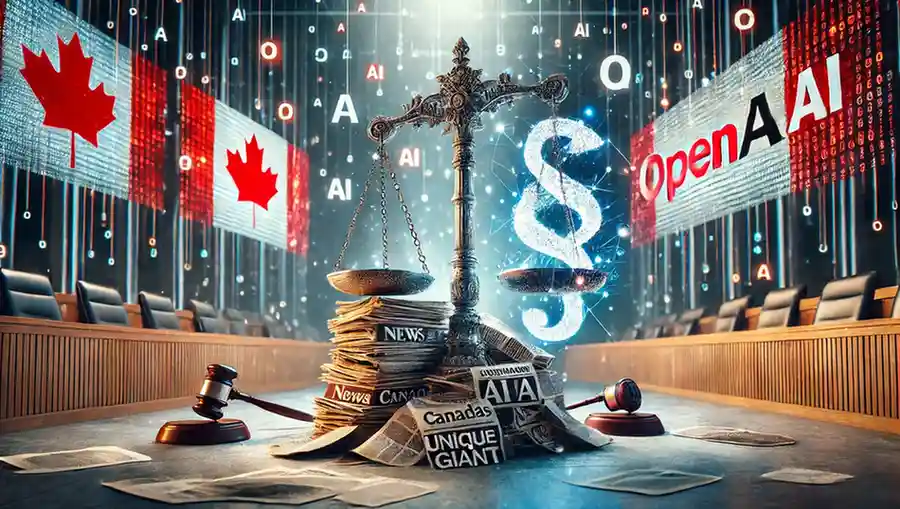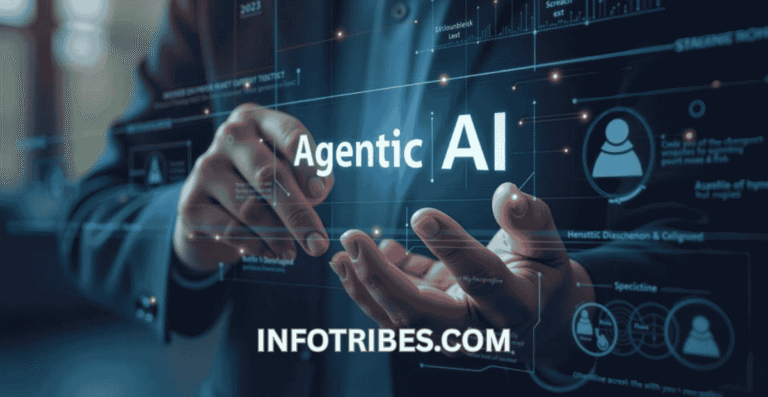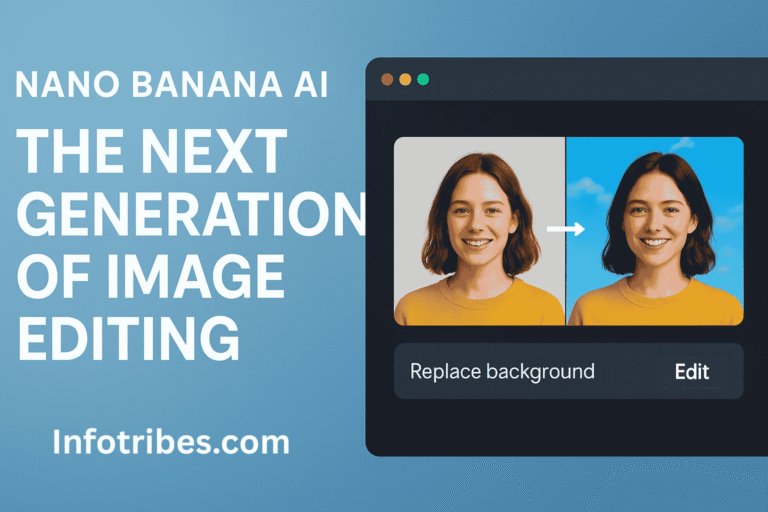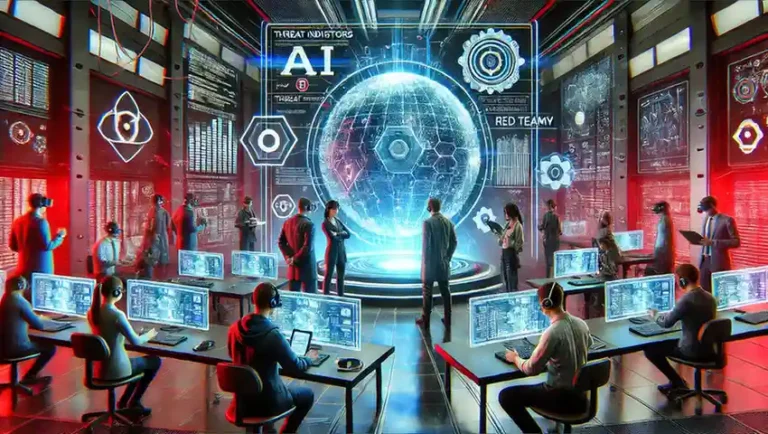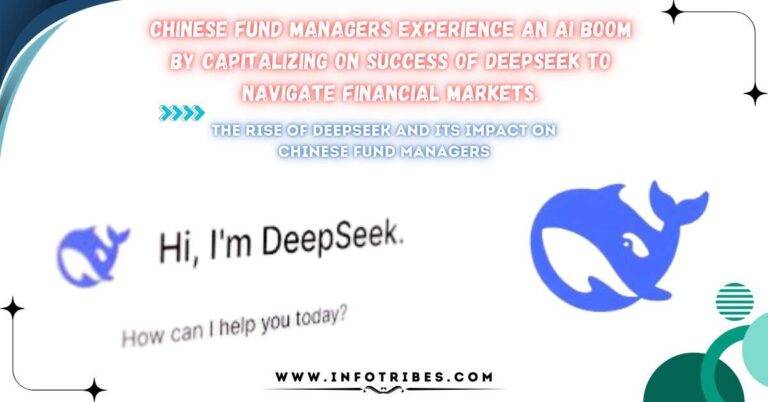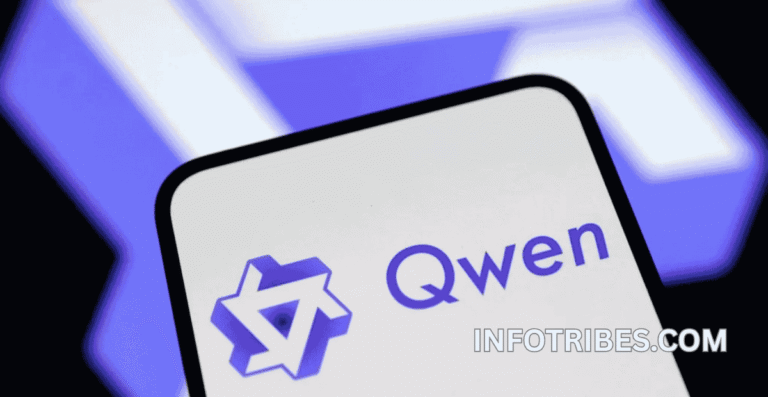Landmark OpenAI Lawsuit: Canada’s News Outlets Go on Copyright Rampage Against Unique Giant.
It’s an important new step in a case that has some of Canada’s best known news companies suing one of the world’s leading Silicon Valley firms and its influential language models — including ChatGPT — to help bring artificial intelligence and journalism under greater control. Indeed, it is the very journalists being suspected and attacked who have brought their case to court not merely to secure some recompense, but for the very principles and properties that the journalist trade has erected their houses upon, and for intellectual property rights. The fallout from this OpenAI lawsuit is a bigger deal than it looks on its face, given the acceleration of conflict between tech and the media.
The OpenAI Lawsuit
The OpenAI lawsuit has been started by leading Canadian newspapers and digital news platforms. Plaintiffs claim that OpenAI, through illegal use of the original content of these voters to train its AI models, has taken and used the content without benefit of the proper licenses, or payment to the rightful creators. It also brings to attention some important copyright infringement issues, and is devastating for the business models that have sustained traditional journalism.
What the Plaintiffs are Claiming
The OpenAI lawsuit brings several pressing claims to the forefront, highlighting deep-seated concerns at the intersection of journalism and AI technology:
Copyright Infringement
The most incriminating allegation in the OpenAI lawsuit is that OpenAI has been using unauthorized copyrighted materials from news organizations in producing the DALL · E platform, including images. Of course, this is a big question mark for future of intellectual property in the AI era, but of course it’s a copyright law violation as well.

Unfair Competition
OpenAI arguments in its case, some of the same journalists’ work was used by the AI models to create content, including summaries, analysis and even whole articles that are almost indistinguishable from an original report, the plaintiffs said. This generative use of copyrighted content, as well, already diminishes the practice of traditional journalism by taking from media companies’ pocket, already likely to have been given to the first generation of AI content creation, and unfairly competes to its detriment.
Lack of Transparency
In the case of OpenAI, pretty shady data collection practices. Both plaintiffs said they want information about the training data that is used for training language models by OpenAI, as well as clarification that the training data is properly disclosed so media outlets can be properly acknowledged and appropriately compensated for their share of work involved.
The catalyst launch started legal action
Bottom Line
This contract has the potential to change the data storage business, unlocking new selling properties, enhancing product experiences for customers, and becoming the backbone of healthcare, education, and more.
This is an opportune moment for the journalism industry, which reeled under declining ad revenues and has to compete with tech giants, to sue the OpenAI lawsuit. In a world of AI driven technology platforms running amok and ruining it for everyone else, how do you adapt? Even the alleged OpenAI went to the point of using unlicensed news content in order to prolong these problems, especially in investigative journalism and also top-quality reporting.
You Can also Read: Advanced Red Teaming Techniques by OpenAI Backing Advanced AI Safety
What impact can there be on the media industry?
If it is not mitigated as best it can be, the OpenAI lawsuit will have ramifications that extend well beyond the eventual plaintiffs and into the entire media ecosystem. Key considerations include:
The Value of Original Reporting
Sometimes — especially as the risk of AI technology to authentic, investigative journalism increases — they have more names that they can tolerate being publicly associated with. Without good protections, the original reporting could become far more complicated, and potentially loss credibility, threatening to strip news coverage of its quality and breadth. This felt like an open clear sign to journalists regarding the reasons why their work should be protected and original content covered as well.
Revenue Sharing Models
The OpenAI lawsuit comes just days after and could spark conversations around new revenue sharing models between tech stacks and media. If these frameworks survive, AI models would have to fairly compensate content creators for use of their work, much like publisher’s barter with giant technology companies like Google and Meta. Another model such a digital ecosystem could be to nurture benefit for both media outlet and AI firms.
Regulation Needs
The efforts of these people could also give them some kind of legal rights because as their efforts in this battle could result in some stricter regulations/ rules for what AI companies can and can’t use copyrighted content on. But existing regulations generally aren’t specific enough to force tech companies to moderate that content with any ethical restraints. OpenAI lawsuit is a strong reason for the necessity of far-ranging mechanisms to safeguard the work of the authors and guarantee that everything done is based on fair principles in the digital space.
Lawsuit against OpenAI
In this regard, OpenAI has begun to create ethical AI already, says some, though not enough, with its options to stop its automatic scraping of data from websites and to exclude specific datasets from images generated in public throughout its website. Plaintiffs argue that these measures don’t satisfy this, and amounts to a violation of the copyright compliance law of OpenAI.
Industry Reactions
As the OpenAI lawsuit heats up, the reaction among journalism and tech sectors does not mirror one another. The lawsuit aims to ensure that original reporting is given strong legal protection in the age of AI, those backing the case say. But the advocates say this lawsuit could set a precedent in how tech companies handle content from the media.
But the leaders within the tech industry also keep thinking about how AI will support not just the creation of content but also its distribution. They say AI can enhance journalistic efficiency and breadth, as well as…

Lawsuit OpenAI
If the plaintiffs succeed in their legal battle, significant changes could follow:
Licensing Agreements
But an outcome that works will force devas like OpenAI to negotiate agreements with them (OpenAI) first, before they will do something legally. If tech companies begin to adapt their use of content, that would all be a good thing from an ethical perspective.
Reevaluation of Data Collection
Could ‘bigger and better’ be a lawsuit over the OpenAI, forcing AI companies to reconsider how they get data without violating fair use lines? It will result in practices without being responsible and transparent to practice and practice without intellectual property right settling.
Such a ruling would restate how tech firms operate in the copyright gray zones, perhaps scaring them off from seeking or bidding to more formal licensing agreements. It could be to further advocate where there is legislation that would change things.
Journalism and AI: The Electric Moment
In light of the ending of the OpenAI lawsuit, we come to a fork in the road to more balanced future of journalism and AI, because it merely reminds us of the fact: open innovation is something that has to happen with a healthy respect of intellectual property. An attorney on the winning side of this legal battle wins high stakes and what happens could hang in the air for decades.
Future Considerations
As the technology keeps advancing and we’re brought to places we never thought possible with the transformative art of artificial intelligence, 2018 feels to be the year of ethics. Both industries must find a path forward in which AI brings forward the benefits but still protects original journalism value.
This is going to be a watch lawsuit and a pivotal case because it will be the case that will likely set the ground for how content can be used and copyrighted in the future of AI.
I’m also on Facebook,, Instagram, WhatsApp, LinkedIn, and Threads for more updates and conversations.
